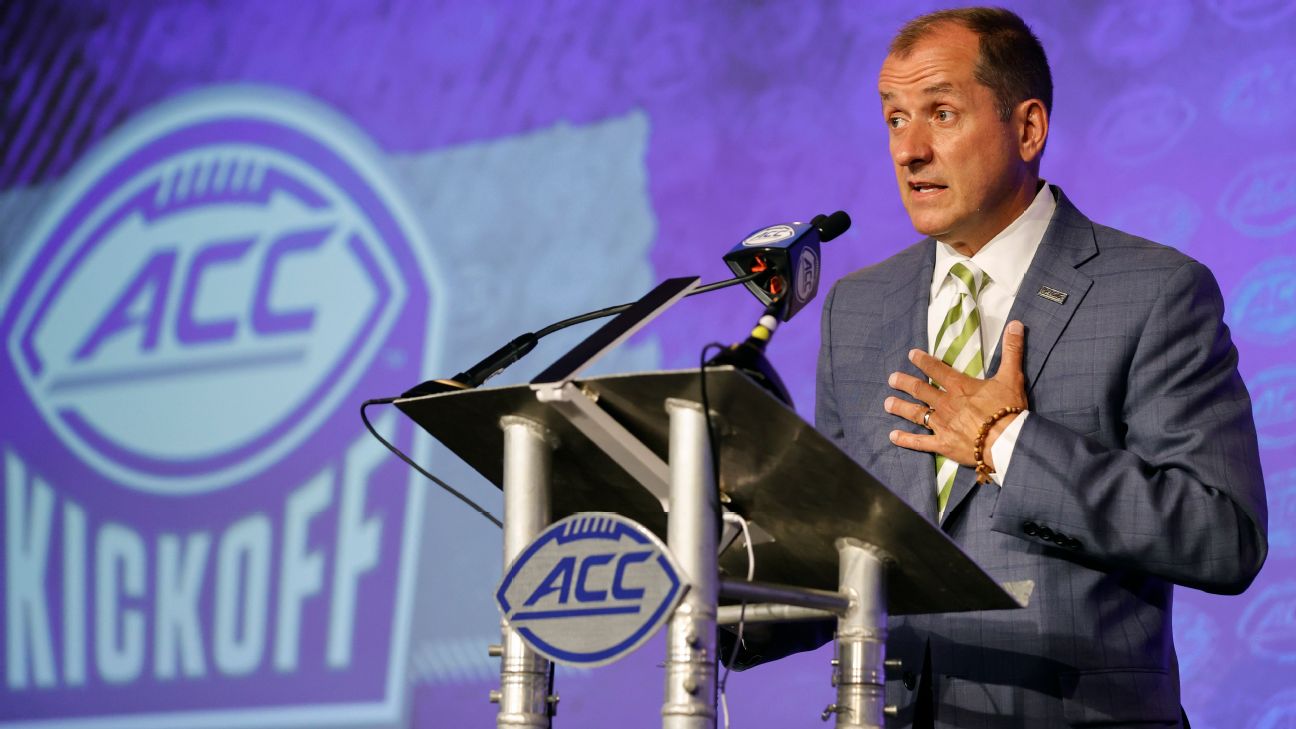
Just a day earlier, Nick Saban told United States Senators on Tuesday, he spoke to a group at the Jupiter Yacht Club near his vacation home in South Florida.
This is a group of financial heavyweights, Saban said at the roundtable hosted by Sen. Ted Cruz (R-Texas). And the first question he got, was about the issues plaguing the future of collegiate athletics.
Fitting since he was on Capitol Hill discussing exactly that with the people viewed as the only viable group to solve the problems facing the industry of amateur athletics.
The summit, according to Cruz’s press office, was to address “the urgent need for Congress to find consensus and pass bipartisan legislation to codify NIL rights for student-athletes,” but it ultimately dealt more with the prospect of athletes becoming employees.
It’s a topic back in the headlines as the Dartmouth men’s basketball team won a battle in the effort to unionize.
RELATED: Nick Saban rails on pay-for-play, how chaos contributed to retirement
There was no support for such a move on this panel that also included Alabama athletics director Greg Byrne and ACC commissioner Jim Phillips.
Saban was against the idea of athletes becoming employees in a legal sense but supported the concept of sharing revenue.
“I’ve heard people talk about if you’re a music student,” Saban said Tuesday, “and you write a piece of music in a class with a professor, you can get reimbursed for that and make money without necessarily being an employee. I think that could be the long-term solution.”
Byrne cited tax issues should athletes become employees. All the benefits including scholarships, meals, housing, etc., aren’t taxed. Employment would change that.
“Student-athletes have different opinions,” Byrne said, “but I’m guessing there’s not an interest on paying taxes on the benefits they’re receiving from the university and the athletic department.”
The Alabama AD is asking Congress for “safe havens from an employee-status standpoint, from a Title IX standpoint and just some safe havens from an anti-trust standpoint that we can have the enterprise of college athletics move forward…”
Byrne also no-so-subtly mentioned the cuts that would come if the school had to start paying athletes.
“It’s the Olympic sports that would be in jeopardy,” Byrne said. “If you look at the numbers for us with our 19 sports outside of football and men’s basketball, we lost collectively almost $40 million and we funded that through revenue from football and men’s basketball … So if I’m a swimming student-athlete, if I’m tennis or track, any of those sports, those are important to our universities and we want to compete in them. I can’t stress that enough, but there are also decisions that have to be made because there’s not an unlimited supply of money like some believe.”
Alabama athletics reported $199.9 million in revenue in the 2023 financial reports filed with the NCAA in January, down from $214.4 million the previous year. Those numbers figure to grow with the new College Football Playoff deal that figures to triple the revenue of the current one with SEC schools reportedly getting a larger chunk of that pie.
Phillips of the ACC said athletes have never had more benefits than they do now from unlimited meals to access to healthcare.
“I think if you classify them as employees, then I think a bunch of those benefits go away,” Phillips said. “I don’t know what it does from a Title IX standpoint. I think it absolutely undercuts that. In a modern-day athletics department, the funding of 22 sports comes from two sports.”
In general, he said, 85% comes from football. The rest is from men’s basketball.
“We can pay those athletes,” he said, “and then we can pay, from a Title IX standpoint, the equivalent number of female athletes … And then you go from 28 sports to six sports in the matter of one fiscal year.”
Should a national NIL bill get passed, senators asked panelists about who should be charged with implementing and policing those changes.
Byrne’s answer was notable amid existential questions facing the NCAA as an organization.
“As long as we have a system to have rules enforced,” Byrne said. “If the NCAA is able to do that, we would support that. If it’s another body, we would want to support that as well.”
Saban noted the issues facing the NCAA without anti-trust protections as lawsuits pick away at its ability to enforce rules surrounding NIL.
“First of all,” Saban said, “an independent agency outside of the government can do it but I also think the government’s got to set the guidelines so that institution can run it with some protection from litigation.”
Getting any such legislation passed has been a considerable challenge at this point. No bill has reached the floor of either the House or Senate and Cruz didn’t sound overly optimistic Tuesday that anything would happen in an election year.
So the questions will persist.
And the complex web of connected problems will continue to evolve in an increasingly unregulated environment. Saban told the panelists Tuesday a lack of action will only create more of a caste system in an anti-competitive reality.
“The rich will get richer and the poor will get poorer,” Saban said. “And eventually, the fans will look at it like ‘I don’t really want to watch this game.’”
Leave a Reply